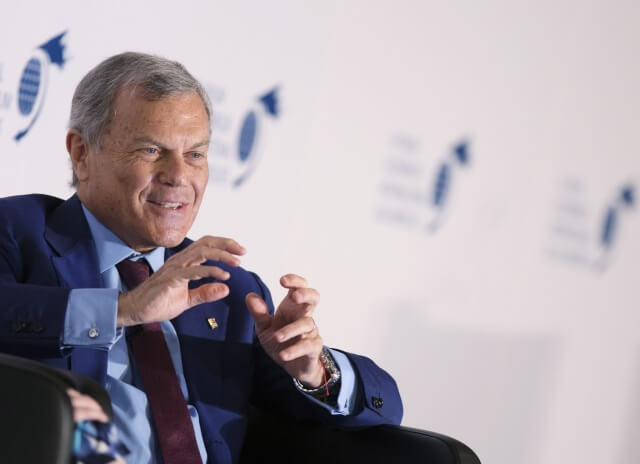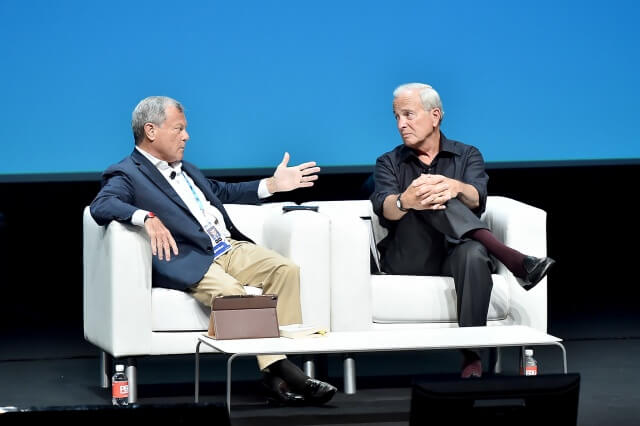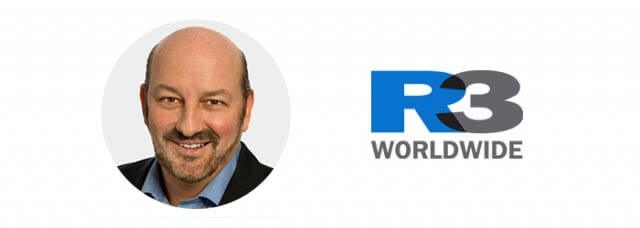
Martin Sorrell reigned as one of the most influential leaders in the advertising industry for three decades as the chief executive of the marketing colossus WPP. After he abruptly resigned in April following an investigation into alleged personal misconduct, the normally sharp-tongued, frenetic 73-year-old slipped unexpectedly out of sight.
But not for long.
By the end of May, Mr. Sorrell had created a new advertising company called S4 Capital, which he pitched last month at the annual advertising bacchanal in Cannes, France. While there, he spoke at events where he defended his reputation and criticized WPP for how it had handled his departure.
Then last week, Mr. Sorrell clashed more directly with his former employer, with both vying to purchase the same Dutch marketing firm.
Lawyers for WPP sent a letter to Mr. Sorrell on Tuesday telling him that he was risking his future stock awards, worth millions of dollars, by aiming to buy the Dutch firm, according to a person who reviewed the letter and shared its contents on the condition of anonymity. The letter said that WPP started considering an acquisition of the firm, called MediaMonks, in November 2017. Mr. Sorrell, who was then still running the conglomerate, “was heavily engaged in this process,” it said, even traveling to the Netherlands to meet with the company’s management team.
That would make his separate pursuit an “unlawful diversion of a maturing business opportunity from WPP,” and would most likely breach his confidentiality agreement, which would threaten the stock awards, the letter said.
A spokesman for Mr. Sorrell said the claims were inaccurate and represented “a weak and feeble attempt by WPP to destabilize” S4 Capital’s bid for MediaMonks.
The scuffle has put a spotlight on Mr. Sorrell’s ambitions after WPP, which he founded in the 1980s, and his efforts to push past his unceremonious exit.
“Bidding on the same thing as WPP, is that a coincidence — of all the things in the world?” said Jon Bond, co-chairman of the digital marketing firm Shipyard, who has co-founded and led several agencies and met with Mr. Sorrell over the years. “It feels like more of an emotional reaction than a thought-out calculated approach because he’s on the rebound. My question is what’s the strategy, and be careful, because revenge is not a strategy.”

Mr. Sorrell has referred to his new firm as a “peanut” compared to WPP, which owns more than 100 marketing and communications firms, including Ogilvy and Y&R. He acknowledged his age while speaking at an event in Cannes, saying that he is looking at building the firm for the next five to seven years, at which point he will reassess his physical and mental health.
WPP, where Mr. Sorrell remained a shareholder, declined to comment.
S4 Capital plans to be publicly traded by using an existing company’s listing. According to a May filing, it aims to “build a multinational communication services business, initially by acquisitions,” with a focus on technology, data and content. Mr. Sorrell, who was one of the world’s most highly-paid executives while at WPP, contributed 40 million pounds (about $53 million) of the firm’s initial equity funding and is its executive chairman.
The filing noted that institutional investors had indicated they would be willing to provide more than $200 million in additional equity funding for acquisitions. Last week, The Wall Street Journal reported that Mr. Sorrell was seeking shareholder approval to raise up to £1 billion for additional acquisitions. The report also noted that an information circular, published in advance of a general shareholder meeting on July 23, said talks were underway regarding multiple acquisitions.
“I think WPP expected him to be perhaps toxic and therefore not able to raise capital,” said Brian Wieser, a media analyst at Pivotal Research. “They maybe underestimated the degree to which he now has a massive chip on his shoulder and really wants to be able to prove himself.”
It remains to be seen how Mr. Sorrell’s exit from WPP affects his new business ventures. In recent weeks, Mr. Sorrell has denied a report in The Wall Street Journal that his departure was preceded by a company investigation into whether he had visited a brothel and used WPP money to pay a prostitute. Separately, he denied allegations of bullying behaviordetailed in The Financial Times.
MediaMonks, when asked about the bids and whether it had discussed the allegations regarding Mr. Sorrell with its clients, said it did not comment on speculation. The digital production company, founded in 2001, has 11 offices globally and about 750 employees that it refers to as “monks.” It has worked with companies like Lego, Google, Bose and Ikea on creative projects from gaming apps to documentaries.

“I still think he will be very successful in attracting agencies,” Greg Paull, a principal at R3, a consulting firm, said of Mr. Sorrell. “He’s built so much good will in the business, there will be enough entrepreneurs wanting to work with him in a more hands-on structure.”





